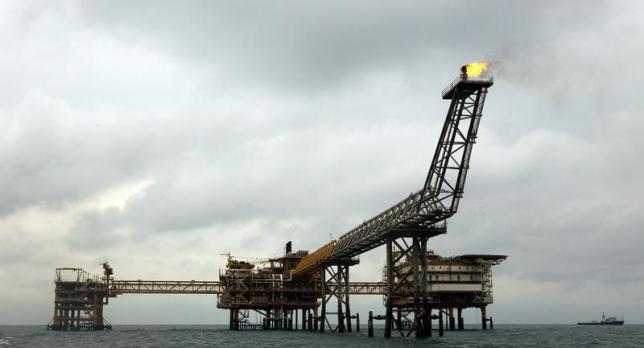-
Tips for becoming a good boxer - November 6, 2020
-
7 expert tips for making your hens night a memorable one - November 6, 2020
-
5 reasons to host your Christmas party on a cruise boat - November 6, 2020
-
What to do when you’re charged with a crime - November 6, 2020
-
Should you get one or multiple dogs? Here’s all you need to know - November 3, 2020
-
A Guide: How to Build Your Very Own Magic Mirror - February 14, 2019
-
Our Top Inspirational Baseball Stars - November 24, 2018
-
Five Tech Tools That Will Help You Turn Your Blog into a Business - November 24, 2018
-
How to Indulge on Vacation without Expanding Your Waist - November 9, 2018
-
5 Strategies for Businesses to Appeal to Today’s Increasingly Mobile-Crazed Customers - November 9, 2018
Iran snubs Doha proposal, won’t freeze oil output
Iran’s envoy to the Organization of the Petroleum Exporting Countries, Mahdi Asali, said Tehran intends to step up exports until they reach the level it had before global economic sanctions were imposed on it in an effort to force Iran to agree to a ban on its suspected development of nuclear weaponry.
Advertisement
Russia, Saudi Arabia, Qatar and Venezuela agreed to cap crude production at January levels if other major producers follow suit following a meeting in Doha, Qatar on Tuesday.
“These countries increased their production by 4 million barrels when Iran was under sanctions”, Asali was quoted as saying by the Shargh daily.
The OPEC member country said it would resist any plan to keep its oil output at January levels, adding that it would regain its market share before any “freezing” could take place.
But traders were encouraged by closed-door talks in Tehran by Iran’s oil minister with his counterparts from Iraq, Venezuela and Qatar. It has still been among the largest oil producers, despite being restricted by sanctions. “Without a commitment from Iran to hold production at current levels there’s really no change in the expected future production that would provide fundamental support for prices”, Evans said.
Iran used to export 2.3 million barrels a day, but it has been limited to one million barrels a day since 2011. Having the other four countries “freeze their production ceiling in a bid to stabilize the market and improve prices …”
With or without Iran, the question is whether the other oil giants can afford to wait to act.
But after hitting 2003 lows beneath $30 last week, prices reversed course, surging about 12 percent on Friday alone after the United Arab Emirates said OPEC was ready to cooperate in bringing production down. Iran has said it hopes to put another 500,000 barrels a day on the market.
It was initially thought that major oil producing nations would sign the deal following a key ministerial meeting in Iran, even though Tehran signalled a tough line.
USA crude oil prices rose 7% to just $31 per barrel after Iran’s announcement.
“The market needs a cut, not a production freeze”, PVM analyst David Hufton said.
More than a year since Opec decided not to cut production to boost prices, oil remains about 70 per cent below its 2014 peak.
Advertisement
However, two non-Iranian sources close to OPEC discussions told Reuters that Iran may be offered special terms as part of the output freeze deal. Investors are also eyeing USA oil inventory data due on Wednesday and Thursday for further price direction.





























